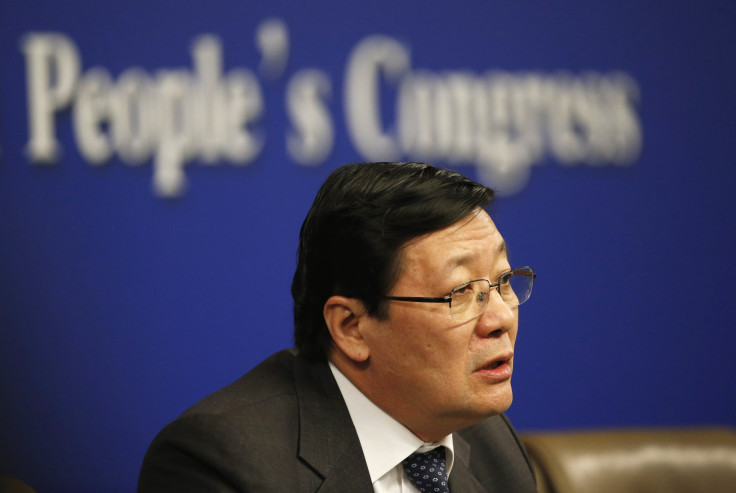China Slowdown: Beijing Steps Up Government Spending, Tax Breaks To Revive Growth

China’s fiscal expenditure reportedly surged by more than a third in October compared to last year, according to the country’s finance ministry data Thursday. The jump follows a 26.9 percent hike from the previous month -- reportedly highlighting Beijing’s determination to shrug off the recent slowdown and meet year-end growth targets.
Government spending in October was up 36.1 percent, the sharpest rise since 2012 while fiscal revenue -- the government’s money reserves -- rose by just 8.7 percent, the data showed.
"With downward economic pressure and structural tax and fee cuts, fiscal revenue will face considerable difficulties in the next two months," the ministry of finance said in the statement.
Beijing has taken the lead in stabilizing the economy over the past few months by pumping money into the stock market, easing local government financing and introducing tax breaks.
In a separate event, China’s auto sales for October grew at its fastest rate in 10 months as the world’s largest auto market saw a rebound in demand -- boosted partly by a tax break by the government.
Passenger car sales shot up 13.34 percent in October, the government-backed China Association of Automobile Manufacturers (CAAM) reportedly said Wednesday, after sales fell for three consecutive months in June, July and August. The industry registered a marginal growth of 2.1 percent in September.
"The government incentive program has been effective," Dong Yang, executive vice president of CAAM, said in a statement, referring to Beijing’s move to cut purchase tax by half on vehicles with engines smaller than 1.6 liters in September.
Nearly 70 percent of the new car sales fall under this category, the industry body said.
“Our customers are mainly from rural areas. They are very sensitive to price changes. With the tax break, they can save about 5,000 yuan for a 100,000-yuan-priced car. It’s not a small number,” said Sun Shijing, a car dealer in Henan province, according to the Wall Street Journal.
© Copyright IBTimes 2025. All rights reserved.





















